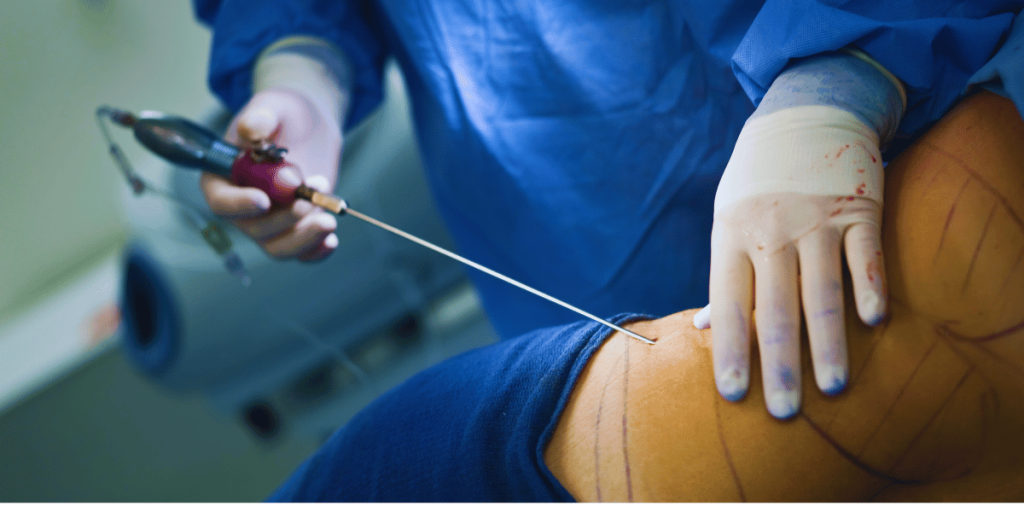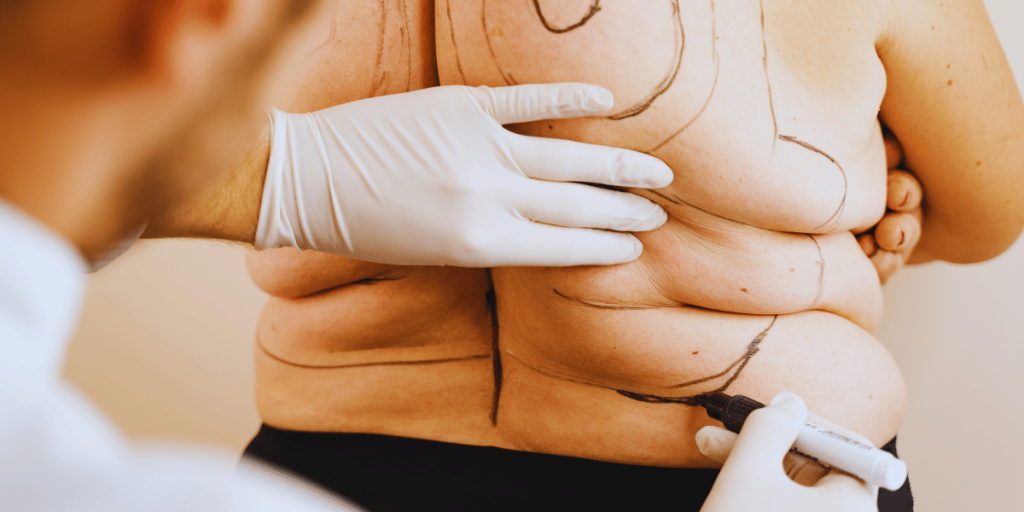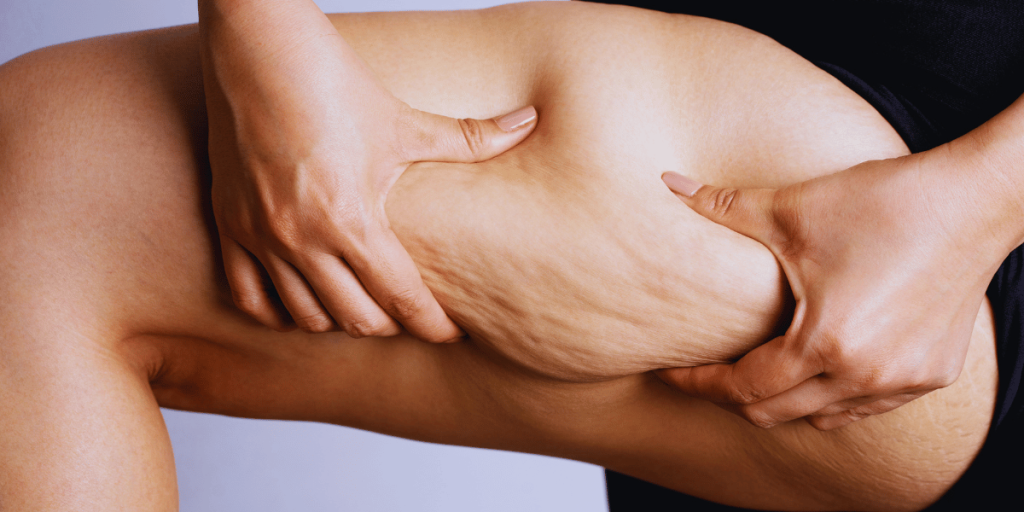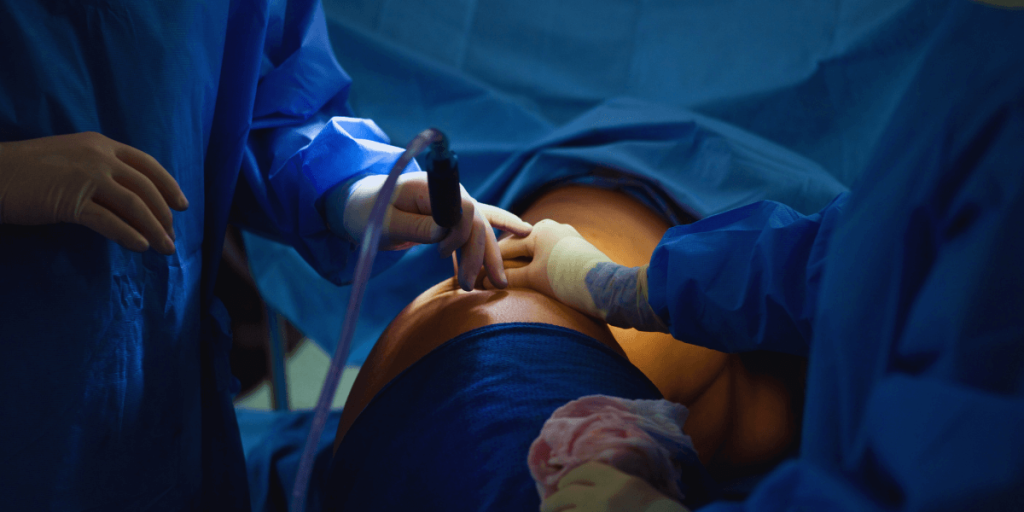Liposuction is a widely recognized cosmetic procedure designed to remove excess fat from specific body areas, such as the abdomen, thighs, upper arms, and buttocks. It is not a weight loss surgery but rather a body contouring technique aimed at improving the body’s shape. However, a crucial question arises for those considering liposuction: Is it better to lose weight before or after the procedure? To answer this, it’s important to understand the nuances of the liposuction procedure and how it fits into the broader context of weight management and overall health.
Understanding the Liposuction Procedure

Liposuction, often performed under general anesthesia, involves the removal of subcutaneous fat through a thin tube known as a cannula. The procedure targets specific areas of your body to improve body contours, but it is not a substitute for significant weight loss. Instead, liposuction is most effective for individuals who are near their goal weight but have stubborn fat deposits that don’t respond to diet and exercise. While liposuction can remove pounds of fat, it is not intended to address visceral fat, which surrounds internal organs and poses health risks.
Liposuction and Weight Loss: Pre-Procedure Considerations
For those with a significant amount of weight to lose, it is generally recommended to achieve a stable weight before undergoing liposuction. Here’s why:
- Best Results: Losing weight before liposuction can lead to better results. When you are closer to your ideal weight, the plastic surgeon can more effectively contour the treatment area, ensuring that the liposuction treatment enhances your body’s natural shape.
- Good Health: Being in good health and at a stable weight reduces the risk of complications during and after the surgical procedure. This is especially important for obese patients or those who have undergone major weight loss, as they may have loose skin or other issues that need to be addressed.
- Skin Elasticity and Stretch Marks: Weight loss before liposuction can improve skin elasticity, reducing the likelihood of loose skin or stretch marks after the procedure. If you lose a significant amount of weight, a tummy tuck might also be recommended in conjunction with liposuction to remove excess skin and tighten the abdominal area.
- Good Candidate: A suitable candidate for liposuction is someone who is within 30% of their ideal weight, has firm, elastic skin, and is in good overall health. Achieving a stable, healthy weight before the procedure helps you meet these criteria.
- Treatment Area: Losing weight beforehand allows the surgeon to better assess the specific areas of the body where liposuction will be most effective. It also ensures that any remaining fat cells after the procedure are less likely to expand due to weight fluctuations.
Liposuction and Weight Loss: Post-Procedure Considerations

If you decide to lose weight after liposuction, it’s important to maintain a healthy lifestyle to ensure long-lasting results. Here’s how you can do that:
- Compression Garment: After the procedure, wearing a compression garment as recommended by your surgeon helps reduce swelling and supports the skin as it adjusts to the new contours. This is an essential part of the recovery process.
- Healthy Lifestyle: Maintaining a balanced diet and regular exercise routine after liposuction is critical. This not only helps prevent mild weight gain but also ensures that new fat cells do not form in other areas of your body, preserving the results of the surgery.
- Avoid Crash Diets: Rapid weight loss followed by weight gain (often seen with crash diets) can negatively affect the results of liposuction, leading to new pockets of fat or loose skin.
- Monitor Your Weight: Keeping your weight stable after liposuction is key to maintaining the good results of the procedure. If you gain a significant amount of weight, it could diminish the effects of liposuction by expanding the remaining fat cells.
- Addressing Unique Needs: Every individual has unique needs when it comes to body contouring. Some may benefit from additional plastic surgery procedures, such as a tummy tuck, to address loose skin or further refine their body shape after weight loss.
Special Considerations for Liposuction Candidates

There are several factors to consider when deciding whether to lose weight before or after liposuction:
- Visceral vs. Subcutaneous Fat: Liposuction targets subcutaneous fat, which lies just beneath the skin. It is not an effective way to reduce visceral fat, which is linked to serious health conditions. If you have much fat, especially visceral fat, losing weight before the procedure is crucial for your overall health.
- Obese Patients: For obese patients, significant weight loss may be necessary before considering liposuction. Weight loss surgery, such as gastric bypass, might be a better option initially, with liposuction used later to refine body contours.
- Medical History and Conditions: Your medical history, including any conditions such as diabetes or heart disease, can impact your suitability for liposuction. It’s essential to discuss these with your board-certified surgeon to ensure that you are a good candidate for the procedure.
- Ideal Candidates: The ideal candidates for liposuction are those who are in good health, have stable weight, and are looking to remove stubborn fat deposits. If you are on a weight loss journey, reaching your goal weight before the procedure will help you achieve optimal results.
- Liposuction Prep Tips: Before undergoing liposuction, follow your surgeon’s advice on diet, exercise, and other pre-surgery preparations to ensure the best possible outcome.
Conclusion
Deciding whether to lose weight before or after liposuction depends on your unique needs, health status, and aesthetic goals. If you need to lose a significant amount of weight, it’s generally advisable to reach your goal weight and maintain a stable weight before undergoing liposuction. This approach not only reduces the risk of complications but also ensures that the procedure effectively enhances your body contours.
On the other hand, if you are near your ideal weight and have specific areas of stubborn fat, liposuction can be an effective way to achieve the desired shape. Regardless of the timing, maintaining a healthier lifestyle post-surgery is crucial to preserving the results and enjoying a long-term improvement in your body contours.
By understanding the role of liposuction and working with a board-certified surgeon to set realistic expectations, you can make an informed decision and embark on a successful weight loss journey that complements your aesthetic goals.
Q & A
Is liposuction a weight loss procedure?
No, liposuction is not a weight loss procedure. It is intended to contour the body by targeting stubborn fat deposits that do not respond to diet and exercise.
Should I lose weight before or after liposuction?
For individuals who need to lose a significant amount of weight, it is generally recommended to do so before undergoing liposuction to ensure better results and reduce the risk of complications. For those who only need to lose a small amount of weight, liposuction can be performed without extensive weight loss beforehand.
Can liposuction remove visceral fat?
No, liposuction targets subcutaneous fat (just under the skin). It does not remove visceral fat, which surrounds internal organs. Reducing visceral fat requires a healthy lifestyle, including diet and exercise.
What techniques are used in liposuction?
- Traditional Liposuction: Uses a cannula to manually remove fat.
- Tumescent Liposuction: Involves injecting a solution to numb the area and reduce bleeding.
- Ultrasound-Assisted Liposuction: Uses ultrasound waves to liquefy fat before removal.
- Laser-Assisted Liposuction: Utilizes laser energy to melt fat, making it easier to remove.
What is the recovery process like after liposuction?
The recovery process varies but typically includes wearing a compression garment to help with swelling, avoiding strenuous activities for a few weeks, and following the surgeon’s post-operative care instructions. Mild weight gain due to swelling is normal and should subside as the body heals.
Can liposuction help with major weight loss?
Liposuction is not intended for major weight loss. It is most effective for body contouring in individuals who are near their ideal weight. Major weight loss should be achieved through diet and exercise or weight loss surgery if necessary.
*Some of the links on this blog are affiliate links. This means if you click on the link and purchase the item, I will receive an affiliate commission.


